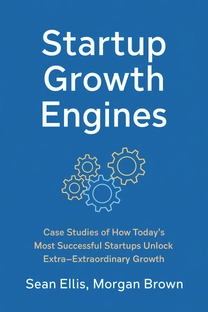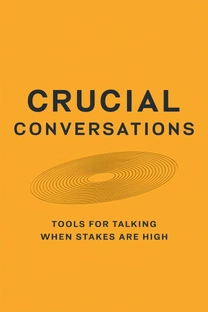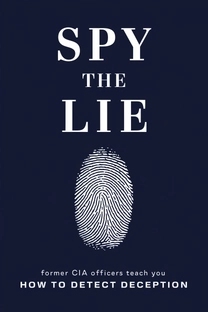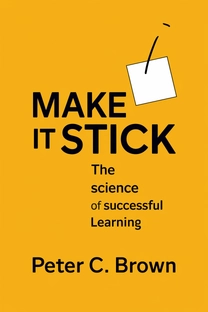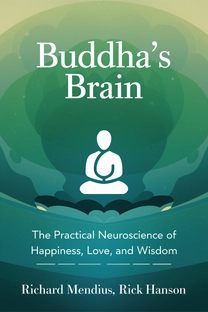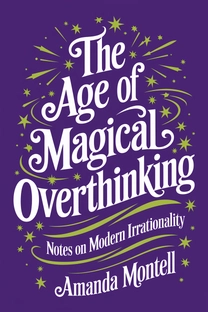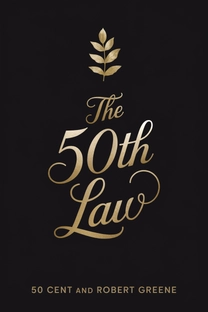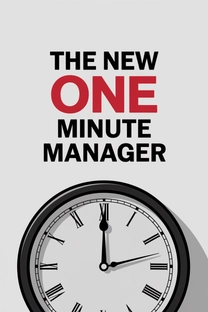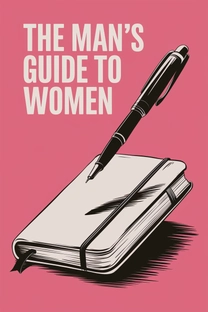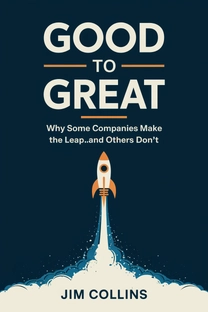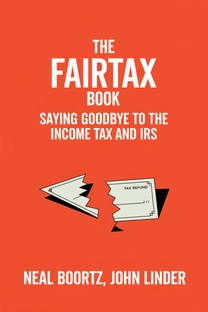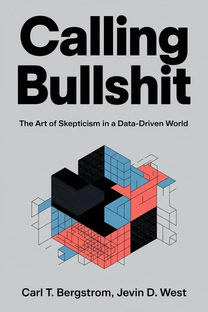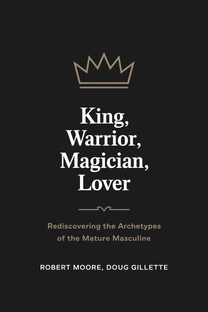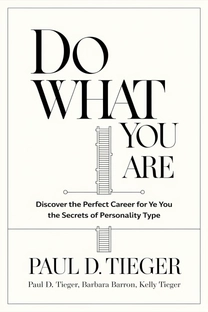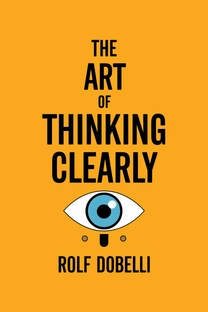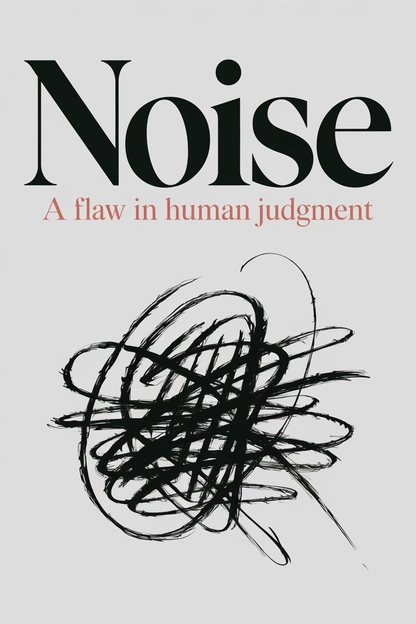
Noise
A Flaw in Human Judgment
by Daniel Kahneman, Olivier Sibony, Cass R. Sunstein
Brief overview
This book explores how random variability, or noise, distorts important judgments in fields ranging from medicine to law to business. It reveals that our decisions are often influenced by factors we barely notice, offering guiding principles to mitigate the hidden costs of inconsistency. By applying these insights, readers can refine their decision-making strategies and foster fairness, coherence, and effectiveness in both personal and professional contexts.
Introduction
Imagine two doctors offering wildly different diagnoses for the same patient, or separate judges handing down vastly different sentences for the same crime. These real-life scenarios highlight the presence of noise—unwanted variability in judgments. Yet, noise is often overlooked compared to bias, leading to hidden costs and unfair outcomes.
This introduction emphasizes that noise is pervasive in professional decisions, from hiring and forecasting to court rulings. While bias captures most of our attention, noise also contributes significantly to errors and inefficiency. Recognizing noise is the first step toward reducing it.
In the pages ahead, you’ll see how noise impacts both individuals and organizations, explore why it remains hidden, and learn practical ways to lessen it. The insights shared will help you make more accurate, fair, and consistent judgments.
The Nature of Noise
Noise arises in any context where human judgment is required. We call it 'system noise' when essentially similar cases get different outcomes. For instance, two insurance agents might set drastically different premiums for the same risk. These inconsistencies not only feel unfair but also create inefficiencies.
There are three forms of noise: level noise, pattern noise, and occasion noise. Level noise refers to a consistent tendency for some judges to be lenient or harsh. Pattern noise emerges when individuals vary in how they perceive specific cases. Occasion noise appears when the same person’s judgment swings because of extraneous factors, such as their mood or time of day.
Crucially, noise is neither rare nor benign. It affects court decisions, medical diagnoses, performance appraisals, and more. By understanding these different forms of noise, you can spot the hidden variability shaping judgments in your own setting.
What is Noise about?
"Noise: A Flaw in Human Judgment" by Daniel Kahneman, Olivier Sibony, and Cass R. Sunstein is a groundbreaking exploration into how random variability, often overlooked and underestimated, disrupts decision-making processes across various fields. From judicial verdicts to healthcare diagnostics, this book dives deep into the pervasive influence of 'noise' — inconsistent judgment — that exists irrespective of the biases we usually scrutinize.
The authors meticulously dissect the concept of noise, differentiating it from bias, and present compelling evidence of its hidden impact. These often unnoticed fluctuations lead to unfairness, inefficiencies, and unfavorable outcomes, stretching across professional, academic, and personal spheres. By delving into the intricacies of decision-making flaws, this compelling narrative equips readers with practical strategies to mitigate these unpredictable variations, fostering improvement in both individual and organizational judgments.
At its core, "Noise" highlights the imperative need for structured judgment approaches and standardized methods, emphasizing the potential algorithms hold in minimizing judgment inconsistencies. This book stands as a crucial read for anyone striving for clarity, consistency, and fairness in their decision-making mechanisms.
Review of Noise
In "Noise: A Flaw in Human Judgment," the trio of Kahneman, Sibony, and Sunstein offer a compelling narrative amplified by substantial empirical evidence and authoritative insights. The book’s key strength lies in its clear delineation of noise from bias, shedding light on the latter's inconspicuous yet detrimental cousin. Through relatable anecdotes and real-world examples, the authors make complex concepts accessible, stimulating readers to reevaluate how seemingly small factors can have outsized effects on pivotal decisions.
The book is replete with practical applications, offering structured approaches to minimize noise, such as enhanced guidelines, aggregation of independent judgments, and the judicious use of algorithms. By framing these solutions amidst diverse professional scenarios, the authors provide readers with actionable strategies to enhance decision quality. While the content is rich, the writing style remains accessible, balancing technical jargon with illustrative examples to accommodate a broad readership.
For those seeking to improve judgment consistency, "Noise" is a must-read. Its implications are vast, extending to anyone involved in decision-making—from CEOs and policymakers to judges and healthcare professionals. The book serves as a timely reminder of the overlooked costs of noise, recommending strategic interventions to achieve precision and fairness in judgments.
Who should read Noise?
- Decision-makers in organizations and corporations, as insights on reducing noise can enhance coherence and decision consistency in business practices.
- Legal professionals, who can benefit from understanding how systematic inconsistencies might influence judicial outcomes and learn frameworks to mitigate such errors.
- Medical practitioners interested in refining diagnostic accuracy, as noise reduction methods can lead to more equitable and accurate health assessments.
- Policy creators and advisors who can use the insights to design more robust and equitable policies by minimizing the effect of random variances.
- Academics and students in fields such as psychology, economics, and organizational behavior, who can leverage the book’s research-focused discussions to support studies in human judgment.
About the author
Book summaries like Noise
Why readers love Mindleap
10-Minute Book Insights
Get the core ideas from the world's best books in just 10 minutes of reading or listening.
Curated For You
Discover your next favorite book with personalized recommendations based on your interests.
AI Book ExpertNew
Chat with our AI to help find the best book for you and your goals.
Reviews of MindLeap
Love how I can get the key ideas from books in just 15 minutes! Perfect for my busy schedule and helps me decide which books to read in full.
Alex R.
The summaries are incredibly well-written and the audio feature is perfect for my commute. Such a time-saver!
Jessica M.
Great app for personal growth. The insights are clear and actionable, and I love how they capture the essence of each book.
Chris P.
The app is beautifully designed and the summaries are top-notch. Definitely worth every penny!
Sarah K.


